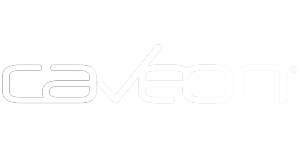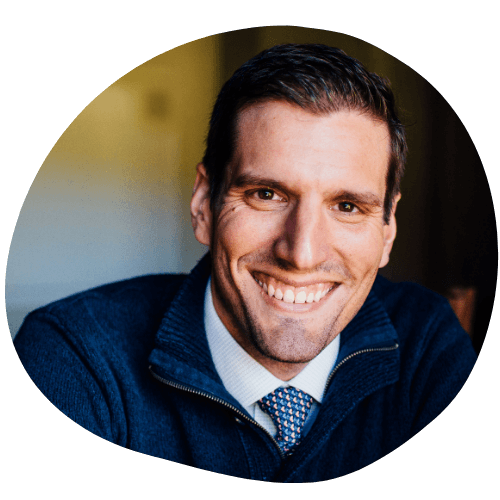
ACCESSIBLE. FAIR. INCLUSIVE.
How we approach "doing the work" in our work.
Fairness in testing is tied up in the fairness of the world. Seriously. Tests that are plagued with rampant fraud or unsound psychometrics rob honest, capable individuals of their rightfully earned accolades while elevating those who commit fraud or who have the money, resources, or ability to game the system.
Great tests are so much more than the sum of their parts. As leaders in the testing industry, we take it upon ourselves to investigate the ways in which we can make tests themselves fairer. We do this because we know that the ripple effects of a more fair testing universe will have a profoundly positive impact on society.
At Caveon, we want to level the playing field, not just by preventing dishonest people from gaming the system, but also by creating more accessible and equitable testing conditions for everyone.
To understand how to create accessible and equitable systems of testing, however, we must first understand systems of accessibility, equity and fairness on a broader scale—or, in many cases, the lack thereof. Looking past testing and into our own hearts and minds is the first step.
As a company, we continually look for ways to improve the practice of self-reflection, always moving toward being better today than we were yesterday. Together we examine our implicit bias, and embrace and encourage differences in age, color, disability, ethnicity, family or marital status, gender identity or expression, language, national origin, physical and mental ability, political affiliation, race, religion, sexual orientation, socio-economic status, veteran status, family history, regional culture, ethnicity, speech ability, economic status, and other characteristics that make all people unique. We believe this facilitates a culture of respect, curiosity, and enriched experiences among our employees. But that’s not the only positive outcome.
By working together with our peers in the industry, on internal teams dedicated to equity issues that matter to us, with our clients to create equitable and accessible tests, and on ourselves to ensure we confront our own biases and learned behaviors—we can have an actual impact on the whole of society.
That’s…really cool.
WHY SHOULD WE CARE?

“My perspective has changed a great deal over the years. I like to think of myself as an ‘independent thinker,’ but I am very conscious of having once held and felt strongly about a number of views that I now realize had really negative consequences. I was wrong, and badly so. One aspect of my management behavior as a young man embarrasses me now to remember:
I had the idea that I was being sensitive to the demands being made on women with young children by not assigning them projects with heavy travel demands. This was not just a personal perspective of mine. It was how other managers and my own bosses, mostly men, talked about doling out very demanding assignments. We never even asked the women with children if they wanted these assignments. We felt benevolent about deciding for them.
Twenty years or so ago, I was finally brought to realize that you need to give people, all people, the choice to take on the high-intensity job. As an employee, that is how you demonstrate your value to an organization, and we were gatekeeping those opportunities. I learned that even with the best of intentions, sometimes we can have a negative impact. I also learned that it’s never too late to self-correct.
It may have been one of my wonderful daughters who helped me realize how wrongheaded I had been. Whoever it was, I owe them a debt. I am sure I still have more to learn, but I have at least unlearned some harmful beliefs.”
We all have our own story.

Alison's Story

Ben's Story

Tara's Story

Sarah's Story
What are we doing about it?
- Company-Wide Implicit Bias Training
- Employees have formed an active diversity, equity, and inclusion task force.
- Employee-led evaluation and codification of equitable hiring processes
Some of Our Favorite Resources
- Implicit Bias Video Series— UCLA Equity, Diversity, and Inclusion
- The Racial Wealth Gap: Explained
- Peanut Butter, Jelly, and Racism—NYT Video
- How to Overcome our Biases? Walk Boldly Toward Them—Verna Myers Video
- On Shame and Accountability—Podcast by Brené Brown